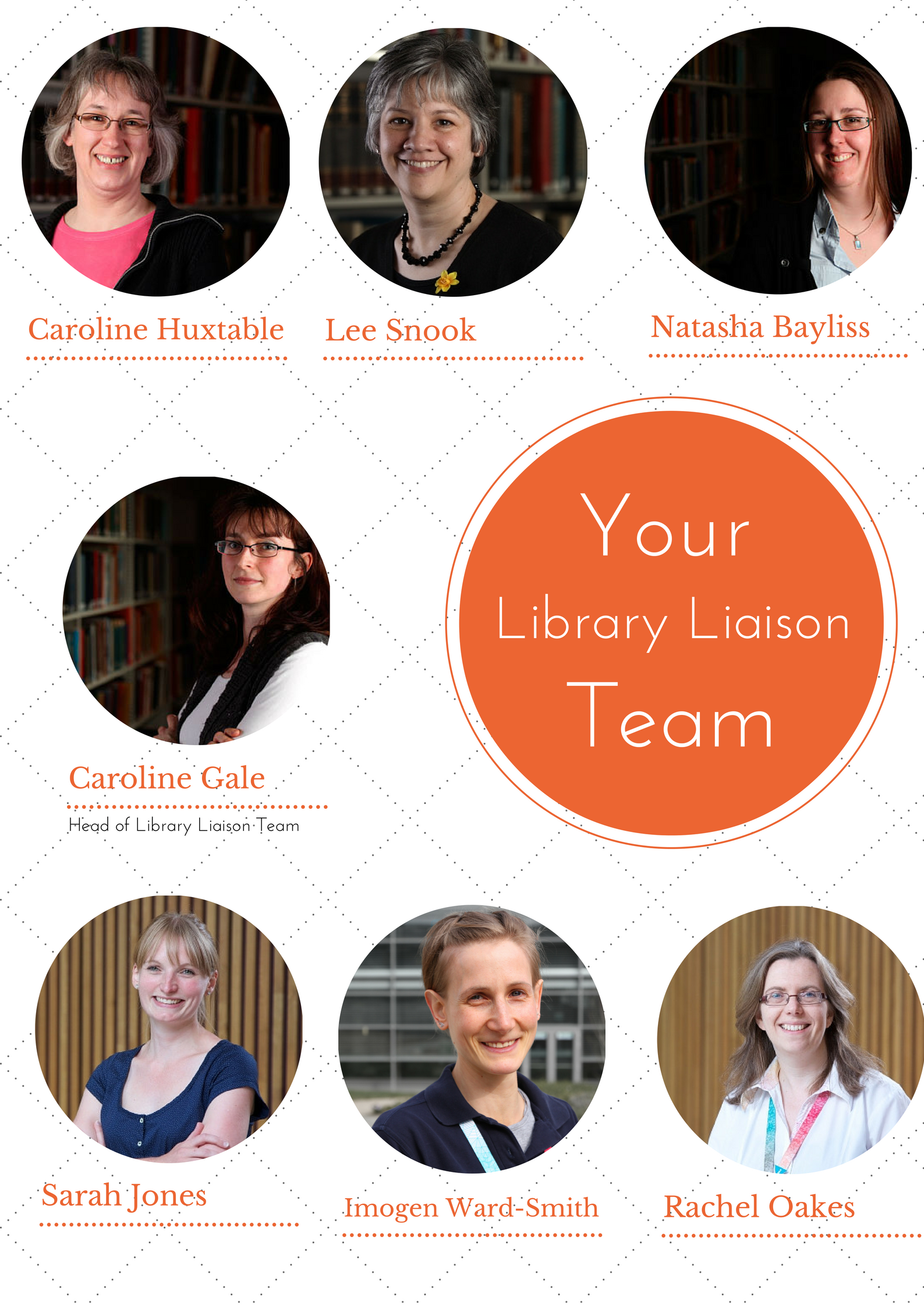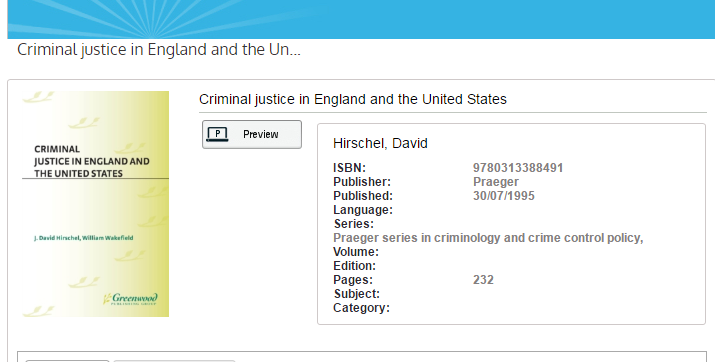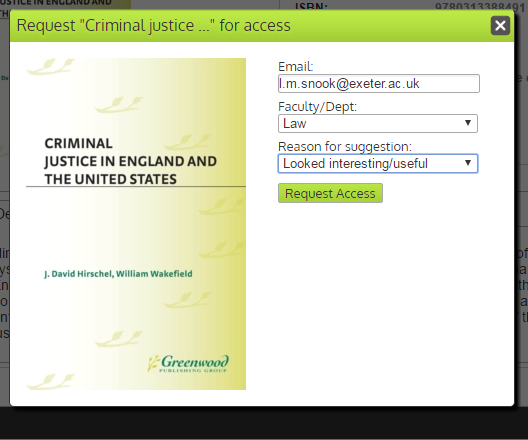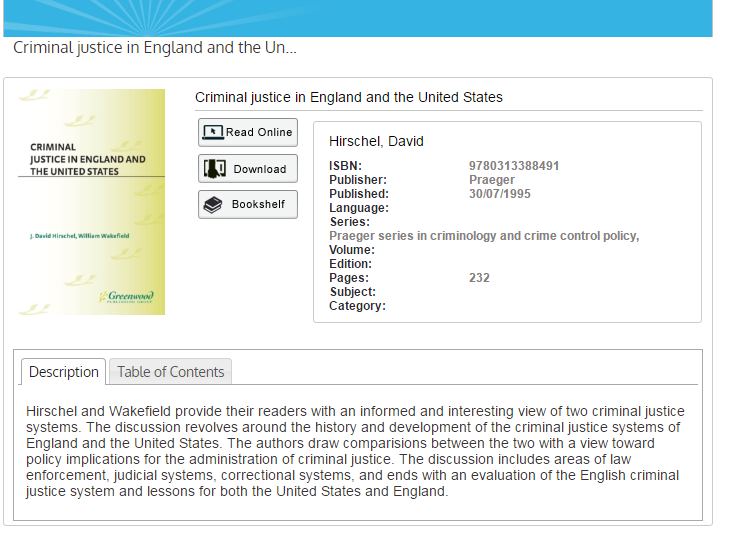We have added an extra 40 study seats here at the Forum Library in our silent and group study rooms.

But remember if you are looking for a space to study then you can use the space checker on the iExeter app.
VHOST is deprecated. Use the boolean constant SUBDOMAIN_INSTALL in wp-config.php to enable a subdomain configuration. Use is_subdomain_install() to check whether a subdomain configuration is enabled. in /var/www/html/wp-includes/functions.php on line 5497
Thank you for your patience, we have completed our system maintenance and all our services should be back up and running.
You can now issue and return items as normal in the Forum Library . Plus you should be able to access and use all our online resources and the catalogue.
If you do encounter any problems please e.mail us at library@exeter.ac.uk
We apologise that there is no access to the catalogue during this period. Exeter University Holdings can be found via Copac http://copac.jisc.ac.uk
In the Forum Library you will be able to borrow items by taking them to the member of staff at the front of the library and you will be able to return any materials via the Drop box but not the Returns machine.
If you are struggling to make the best use of the library and information resources you can call on the Library Liaison Team for help.
If you are researching for an assignment or dissertation and don’t know where to start, then get in touch for some specialist advice. We can help guide you to the most relevant resources for your research topic, and also help you build your online search skills so you can track down relevant information quickly and effectively. You can then spend more time analysing and reviewing the materials in order to inform your assessed work.
Many students take advantage of a 1:1 Library session around dissertation time, when designing their research strategy. However, you can get in touch at anytime – so don’t struggle away alone. If you are not finding the information you need, just get in touch and we can set you off on the right track.
A huge amount of information is available to you via the Library and we want to help you make the most effective use of it.
Get in touch with us via . Just suggest a time you are available for an appointment and let us know how we can help, and we will book you in with one of the team. We can meet you at the Forum Library or the St Luke’s Library, whichever is more convenient for you.
And don’t forget that we have online support material available to you 24/7 via the Library and Research Skills module in ELE.

Whilst the catalogue is unavailable then you can go straight to our e-resources via their URL althpough you may need to login when you wish to access full text.
Please find attached a complete list – E-Resource List
If you have any issues then please do get in touch via : library@exeter.ac.uk
If you have bookmarked your favourite e-resources you can access them via the following methods whilst the catalogue is unavailable –
OPTION 1
Find the resource via a web search and look for an option to login via the site. This will usually be signed as something like ‘login via your institution’, ‘Shibboleth’ or ‘UK Federation’. Then select ‘University of Exeter’ and login normally.
OPTION 2
Find the resource but if you get an error message like ‘502 bad gateway’ error then amend as follows.
Have a look at the link you are trying to access: if it has the bits in red and bold
0-dx.doi.org.lib.exeter.ac.uk/10.1017/CBO9780511729973.
Then remove these from the link so it looks like this –
http://dx.doi.org/10.1017/CBO9780511729973
Once you have done this, go to the site and login as in option 1.
OPTION 3
Have a look at the link you are trying to access: if it has the bits in bold
0-dx.doi.org.lib.exeter.ac.uk/10.1017/CBO9780511729973.
Then remove these from the link so it looks like this –
http://dx.doi.org/10.1017/CBO9780511729973
and it should work.
If you are off campus and having problems with this method, you need to go via the VPN and also remove the parts from the link as above.
If you need help please get in touch with us at: Email:
Phone:
+44 (0) 1392 723867
 A wide range of online resources are available to support study and research across all Business School disciplines. This blog posts highlights some of the key resources that you may wish to explore, with forthcoming assignments and dissertations in mind. Many more resources are available!
A wide range of online resources are available to support study and research across all Business School disciplines. This blog posts highlights some of the key resources that you may wish to explore, with forthcoming assignments and dissertations in mind. Many more resources are available!
Use the subject listing to explore resources relevant to Accountancy, Business, Economics, Finance, and Management. Each resource in the listing has a brief description of the database content and coverage and this will help you identify resources which align with your research needs. If you need some more guidance, don’t forget that you have a comprehensive ELE module covering Library & Information Skills for the Business School. This will guide you to recommended resources for the various Business School disciplines.
And don’t forget that a huge collection of books and journals, in print and electronic format, are accessible via the library catalogue. This includes content from the Sustainable Organization Library collection, and major business information publishers such as Springer, Emerald, Sage and Palgrave, to name just a few! Run a title or keyword search on the library catalogue to find relevant titles.
You can also use the Library Article Search function to discover articles and dissertations on business related topics and jump straight into the full text. This is a useful starting point for research for your assignments and dissertations and will help you decide which databases and resources to explore through more focused searching.
If you need guidance on effective online search skills, take a look at the Library & Research Skills module. There you will find in depth support on identifying, working with and evaluating relevant information resources, plus hints and tips to help you design effective online search strategies. Taking some time to enhance your search skills and techniques will pay dividends in the long run by equipping you to search and retrieve relevant information in the most time efficient manner.
Economist – Full text access to The Economist (including illustrations) from 1991 onwards. For earlier content use the Economist Historical Archive which offers a fully searchable complete facsimile edition of The Economist since its launch in 1843
FT.com – Full text in depth coverage from the Financial Times of UK and international business, finance, economic and political news, from 2004 onwards. Earlier content is available via the Financial Times Historical Archive
Nexis UK – Full text of news and business information from around the world. Includes UK national and regional newspapers, major newspapers and newswires from around the world.
Factiva – A full text comprehensive news database from Dow Jones and Reuters. Major world newspapers and business magazines are included, plus TV and radio transcripts
If you are new to using news resources for research, take a look at the Using News Resources for Research online guide. This will introduce you to the full range of news content available to you at the university and provide search guidance on the key services, highlighted above.
Business Source Complete – a business research database that provides selected full text for over 3,300 journals and is updated daily. It also provides financial data, books, monographs, major reference works, conference proceedings, case studies, investment research reports, industry reports, market research reports, country reports, company profiles, SWOT analyses, faculty seminars (videos), and more. Subjects covered include: accounting, economics, finance, marketing and management.
ProQuest Business Package – a combined business and social sciences research collection. It offers full text and bibliographic details for thousands of journals, dissertations, conference proceedings, working papers, trade publications, industry reports and much more. Subject coverage includes; accounting,banking, business, economics, entrepreneurship, finance, management, marketing, operations and political science.
EconLIT – the American Economic Association’s electronic database and the world’s foremost source of references to economic literature. The database contains more than 1.1 million records from 1886-present.
Emerald Insight – full text ebooks and journals covering business and management topics, published by the Emerald Group. Use the “Only content I have access to” feature if you wish to limit your searching to full text content only.
Fame – information for companies in the UK and Ireland. The database contains information on 3.8 million companies, 2.8 million of which are in detailed format. The database also contains information on 4 million inactive companies available for historical research.
Orbis – standardised global company and financial information. Orbis is a global database which has information on 171,235,666 companies. Orbis includes advanced search and analysis software so you can identify and evaluate companies around the world.
Zephyr – Zephyr is a comprehensive database for corporate finance research. It contains information on M&A (mergers and acquisitions), IPO (initial public offerings), private equity and venture capital deals and rumours – and now it’s updated hourly. It is linked to the FAME database.
PI Navigator – A financial and capital markets database providing access to over 14 million global company filings including annual reports, M&A (Mergers and Acquisitions), IPOs (Initial Public Offerings), bond prospectuses and news announcements. This is a particularly useful resource for accountancy students who might be looking at individual company accounts and want to read notes/find explanations for ‘oddities’, rather than just ‘crunching data’.
MarketLine Advantage – A market research database offering access to a unique mix of company, industry, financial and country business data, for every major marketplace in the world. It includes extensive global coverage of industries with 4000 industry profiles and 30,000+ companies within 215 countries.
Key Note – the leading provider of market intelligence in the UK, on the UK, to the UK and has been providing commercially relevant market insight and analysis to the business and academic world for 35 years. However, note that reports updating ceased in May 2016 so these reports will diminish in relevance and use over time
Passport GMID – from Euromonitor this resource has global industry data, market research and country reports. It also has detailed company profiles for the top international players in services and industry, compiled in a standardised format for cross analysis. It supports a wide range of courses, including international business and marketing, economics, social sciences, humanities, international relations, travel and tourism, hospitality management and food marketing. Over 205 countries are researched, both developed and emerging markets.
SAGE Research Methods – an online research methods library with over 1000 full text books, journal articles, reference works and instructional videos covering qualitative and quantitative research methods.

If you have any questions relating to to making the best use of Business research resources, just get in touch with the Liaison Team.
We can provide support by email, phone or in person.
1:1 appointments are available if you wish to come in and discuss your business research in detail.
Just email the team to book a session.
This year’s theme of “Open in Action” is all about taking concrete steps to open up research and scholarship and encouraging others to do the same.
 In the spirit of Open Access Week, here’s a quick look at the importance of Data Management Plans.
In the spirit of Open Access Week, here’s a quick look at the importance of Data Management Plans.
Every research proposal needs to have a data management plan (DMP) either as part of a funding application or as part of the University’s policy requirements. This document contains all the information related to the management of the research data of your project.
Why do you need a data management plan?
Your data management and sharing plan involves making decisions at the outset of your research to decide:
• Which software to use
• How to organise, store and manage your data
• What to include in the consent agreements you negotiate
These decisions will all affect the future use of your data. Most funders expect a short statement to be submitted with your grant proposal, outlining your plans for data management and data sharing.
What’s in a data management plan?
Generally, a DMP covers 5 themes:
• What data will be created?
• How will the data be documented and described?
• How you will manage ethics and your intellectual property rights (IPR)?
• What are the plans for data sharing and access?
• What is the strategy for long-term preservation and sustainability?
The specific questions asked in each of these sections depends on the funding body to which you are applying. However, they are all designed to cover every step of your project – this is why they are such a useful tool.
Templates and examples
The best place to start when writing a DMP is the DMPonline tool from the Digital Curation Centre (DCC), which:
• Has templates for most of the UK, EU and US funders, plus a generic template suitable for any project
• Provides expert guidance from the DCC for each section of each template along with guidance from the funder where available
• Exports in a variety of formats, including PDF and Microsoft Word
For more information, see:
• How to develop a data management plan (Digital Curation Centre) — includes a checklist and examples
• Your funder’s website
If you can’t find an example for your research, further advice and assistance is available by email: rdm@exeter.ac.uk.
 For a number of years, we have used patron driven acquisition schemes for some of our ebook content. This means that large collections of ebooks are discoverable via our library catalogue, but items are only purchased when they are actually accessed by our library users.
For a number of years, we have used patron driven acquisition schemes for some of our ebook content. This means that large collections of ebooks are discoverable via our library catalogue, but items are only purchased when they are actually accessed by our library users.
We analysed usage of these materials and found that a proportion of these books were only used by a single user.
We wanted much better value for money than that!
So this year we are trialling a rental scheme with our VLE books – one of our major ebook suppliers. This means that the first few people that use the ebook do so on a rental basis, at a fraction of the full purchase cost.
A quick Preview is possible for all books in this scheme – without triggering a rental or purchase – as shown below:

After a quick preview has been made, users will be asked to Request Access. You’ll need to make a few click drop down selections to submit your request, for example:

Then you’ll get an Alert and email confirmation to let you know the item has been rented for you for one week.

Don’t worry, you can still access the book after your one week rental is up, it’ll just trigger another rental or purchase. Following several rentals the book will be fully purchased at next use.
Once a rental or purchase has been made, you’ll then get full access to the book as shown below:

If you are a member of staff and are planning to use one of these books in your teaching, just let us know and we can bypass the rental process and trigger an outright purchase. In bypassing the rental process, for books that we know will be subject to repeated use, we can minimise the ‘clicks for access’ for everyone and avoid both renting and buying the item!
We welcome your feedback on this new model of ebook purchasing. It is aimed at making the budget go further by facilitating access to a wide range of ebooks, whilst only securing long term access to items that are subject to repeated use.
Get in touch with the for more information or to pass on your feedback.
Science and Engineering South held a one day conference, The Data Dialogue: When Research Crosses Borders, on September 29th at the University of Oxford. The event was well-attended by a good mix of researchers and research data practitioners. In his opening address Simon Hodson, representing CODATA, addressed the topic of Open Data and the Data Revolution: Challenges and opportunities for Global Research. Among the issues addressed were the principles of legal interoperability and coordinating data standards within the science community.
This was followed by a presentation by Rowan Wilson who works within Oxford’s Academic IT Research Support unit. Rowan described the range of issues and questions that are most commonly presented by researchers at Oxford, many of which were closely identified with by other practitioners in the audience. The day unfolded with a series of presentations by researchers detailing their personal experience in data collection relating to their own field of study, and the particular challenges and inspirations that this work delivered by this research.
– Prof Mary Bosworth on collecting data from those being detained in UK detention centres
– Dr Troy Sternberg offered a fascinating insight into his data collection work in Mongolia and China; the effect of regional ideologies was highlighted in terms of how the data was presented and delivered to its audience.
– Dr Julie Viebach on the profound personal experience involved in collecting data from the survivors of genocide in Rwanda
– Dr Heather Hamill addressed the issue of establishing trust between subject and interviewer in relation to her work with communities in sub-Saharan Africa.
– Gareth Knight from the London School of Hygiene and Tropical Medicine talked about the particular challenges associated with medical research data collection.
The programme was concluded by a panel discussion focused on answering questions posed by audience members. Some of the most discussed topics were those around security measures and cloud computing, ownership of data, and the huge benefits that can be gained from data sharing. Perhaps a fair summary of the discussion is that a ‘one size fits all’ solution is not always possible, but that making data open should not be a binary choice between either ‘open’ or ‘closed’: there are many solutions available which allow for sharing and it is always best to consider and discuss these. The EC slogan ‘As open as possible, as closed as necessary’ was mentioned in this context.
The one key idea I took away from the day (and perhaps one it would be wise to promote as widely as possible) were the words of Simon Hodson: “The first person you share your data with is your future self”.